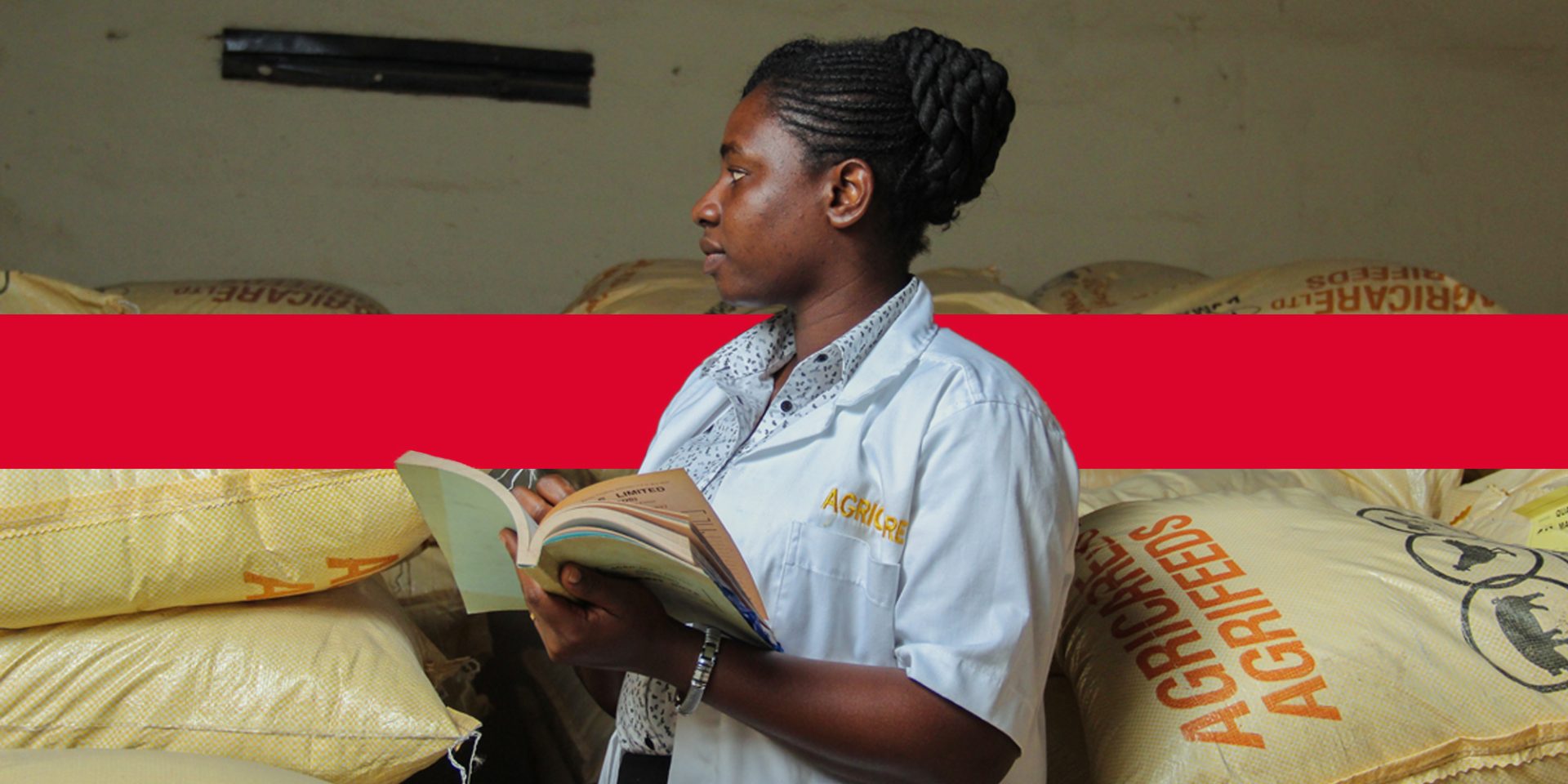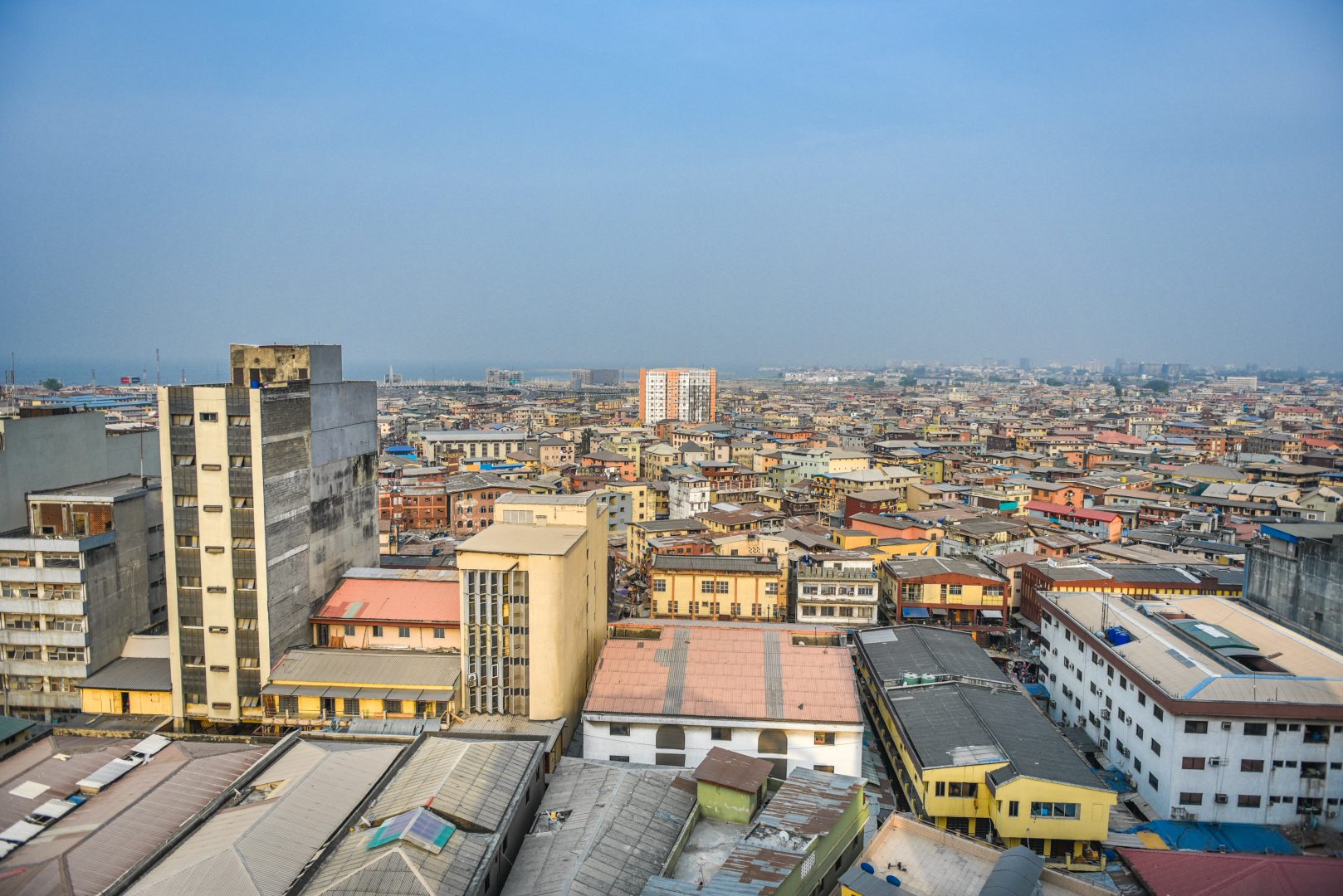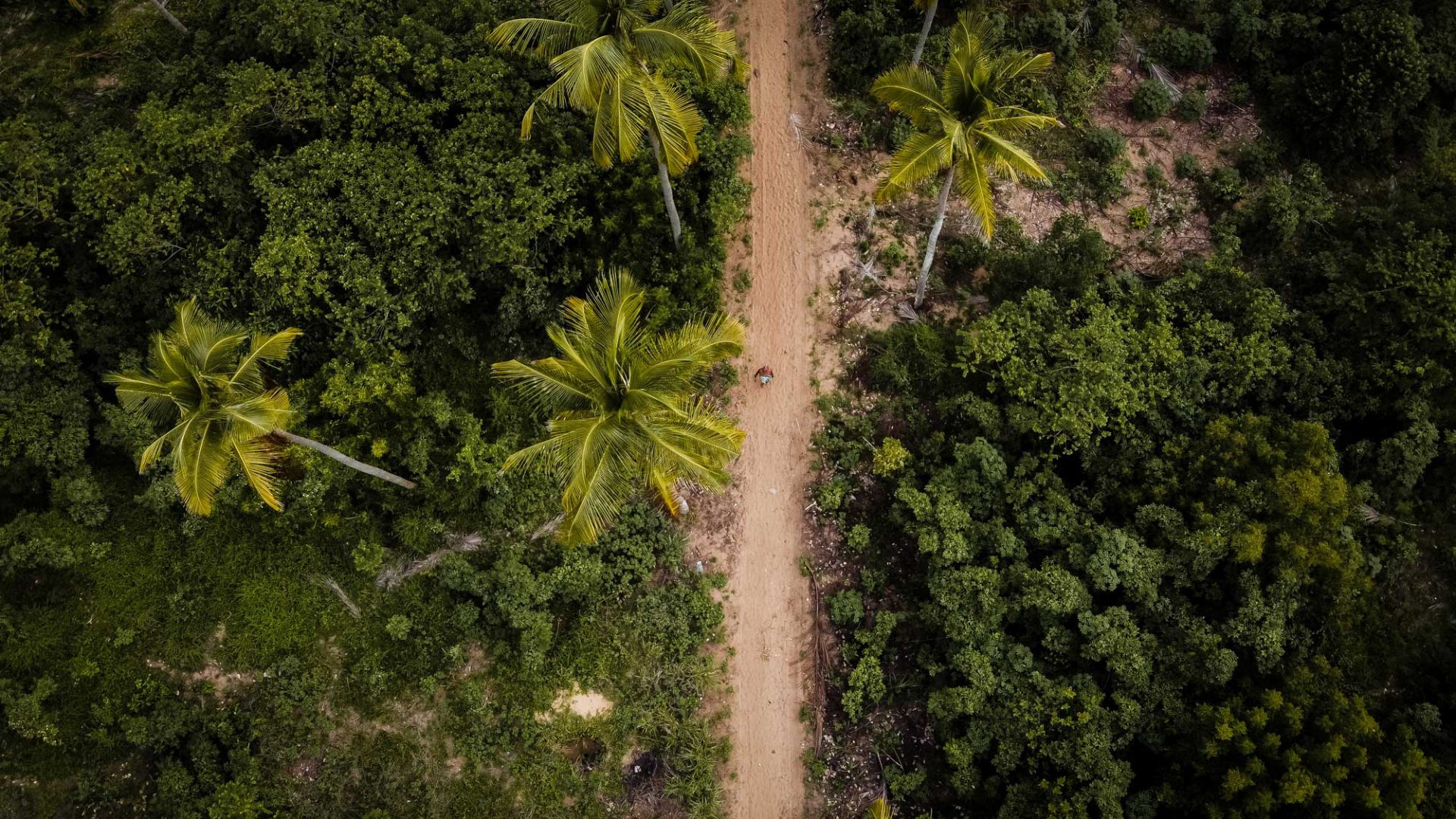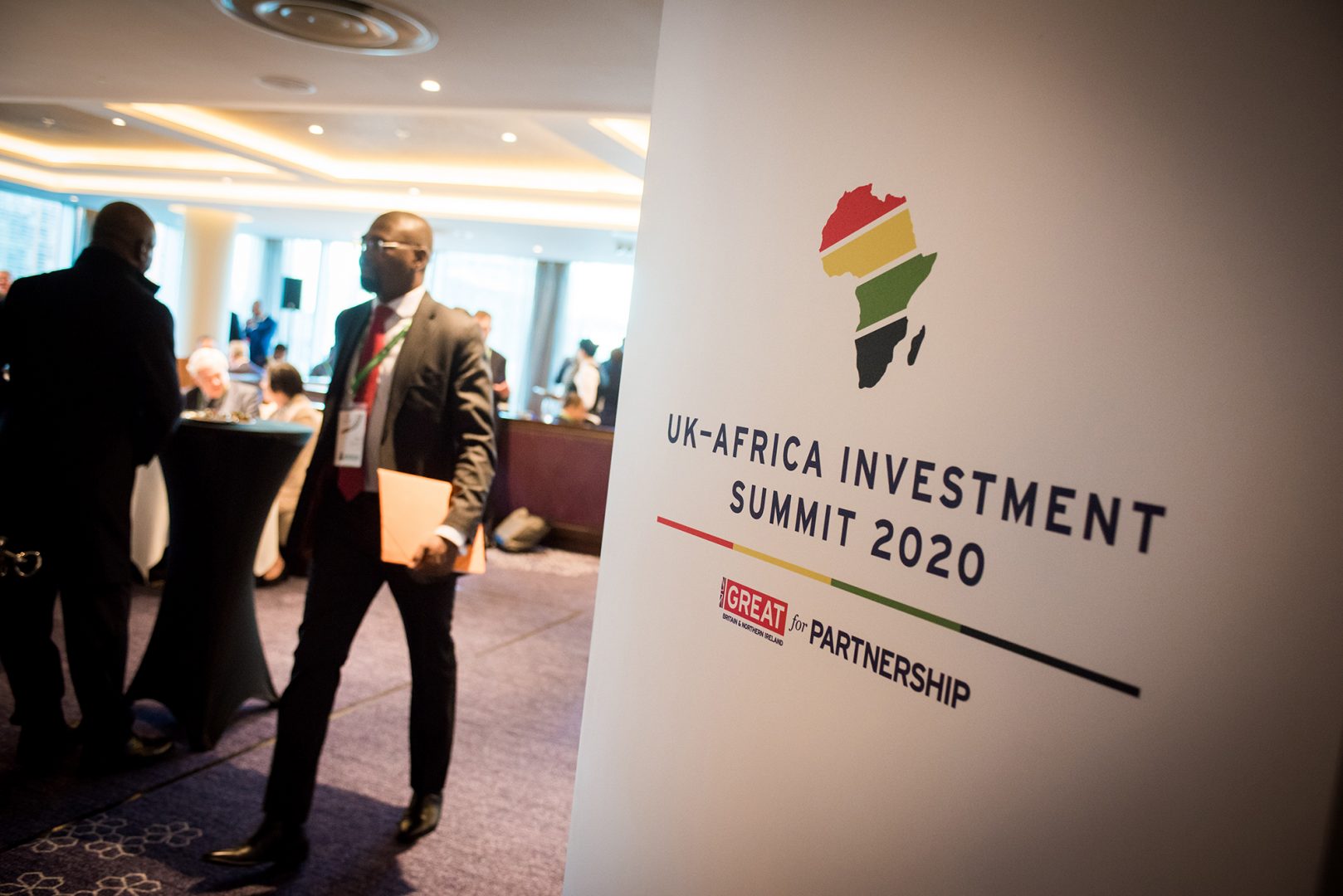Reflections from the Global Impact Summit
Last week, CDC speakers joined other impact investors for the Global Steering Group for Impact Investment’s (GSG) 2020 summit.
The pandemic has slowed global development and the spread of prosperity and paused the economic activity that raises people out of poverty. And as the world economy slips into depression, the long-term financing of the Sustainable Development Goals is at risk. According to the Gates Foundation the pandemic has set progress towards the Global Goals back around 25 years.
It was against this backdrop that speakers including the Financial Times’ US Editor-at-Large Gillian Tett and ‘the father of social investment’, Sir Ronald Cohen, joined to discuss what can be done by the impact investment community to promote and catalyse a just and impact-led recovery.
CDC speakers took part in panels including how to mobilise capital into small and medium sized enterprises in Africa and the challenges faced by development finance institutions (DFIs) in responding to the crisis. We were pleased to both contribute to and learn from discussions throughout the summit. Here are some of our takeaways.
COVID has widened existing global inequalities as well as bringing them into harsher focus
Throughout the summit, speakers highlighted the devasting impact COVID is having, emphasising and exacerbating existing inequalities around the world.
Michele Giddens, Founding Partner of Bridges Ventures and CDC Board member, reflected in her panel on achieving a just and sustainable recovery that while people spoke of COVID as being the ‘great leveller’, in fact that hasn’t been the case. Instead, it has exposed some of the inadequacies of societies and financial systems. She reasoned that impact investors should replicate the speed and pragmatism shown in the COVID response to tackle the wider systematic inequalities and stresses as well as pervasive issues such as climate and poverty. “There’s a danger of too much focus simply on COVID, and we need to look deeper at the driving inequalities and climate challenges which COVID has shone a light on,” she said.
This was echoed by Asif Saleh, CEO of BRAC, who argued that COVID has amplified not just systemic inequality within countries but also between the global south and global north. He reflected on the impact of lockdowns within countries where there is very fragmented social protection, and where the economic impact had been particularly pronounced. There is an urgent need, he continued, to address the direct consequences of COVID not just as a health crisis but as an economic one and that looking to the future, “we can’t simply go back to business as usual.”
History shows us that crisis can bring opportunity
In his opening address to the Summit, GSG’s CEO Cliff Prior reminded attendees that throughout history, crises have been shown to be catalysts for change and that the movement of impact is ready to “seize the window of opportunity for a better world”.
This theme, that from crisis can come change, was repeated by Dolika Banda, CDC Board member and independent consultant on African development and investments, who said, “COVID-19, as taxing as it has been… actually presents an opportunity…impact recovery, just recovery and inclusion have never been more important than they have to be henceforth”.
Bertrand Badré, CEO and Founder of Blue like an Orange Sustainable Capital, issued a similar wake-up call. “Now is the time to stop being shy, now is the time to mainstream for real impact”, he said. “It’s time to switch gears, and the current crisis is offering us that opportunity.”
Solutions don’t have to be new to be effective
CDC’s CEO Nick O’Donohoe took part in a panel discussion on how to channel capital into African SMEs. CDC reaches SMEs in our markets through investment funds as well through financial institutions, working with investment partners to ensure capital is targeted to where it can have the greatest impact.
“CDC aims to reduce risk and fill the liquidity gap with three ‘Ss’; speed, scale and simplicity” said Nick. “In our response to COVID, we found trade finance to be a simple and effective tool.”
As a flexible structure, trade finance allows CDC to take on more risk when necessary while maintaining the ‘life blood that keeps companies going’ and protecting jobs.
Our use of trade finance as a simple and effective response to the pandemic was also raised by our Deputy CIO for Catalyst Strategies, Yasemin Lamy, as part of a discussion on the challenges DFIs have faced in tackling the crisis.
“It was something we could do at scale, something we could do very quickly as we had bilateral agreements with banks where we have a relationship already. And it was quite simple as it didn’t require this multi-stakeholder ‘round the table’ challenge that you often get with fund structures,” explained Lamy. “We often forget the value of tried and tested tools.”







